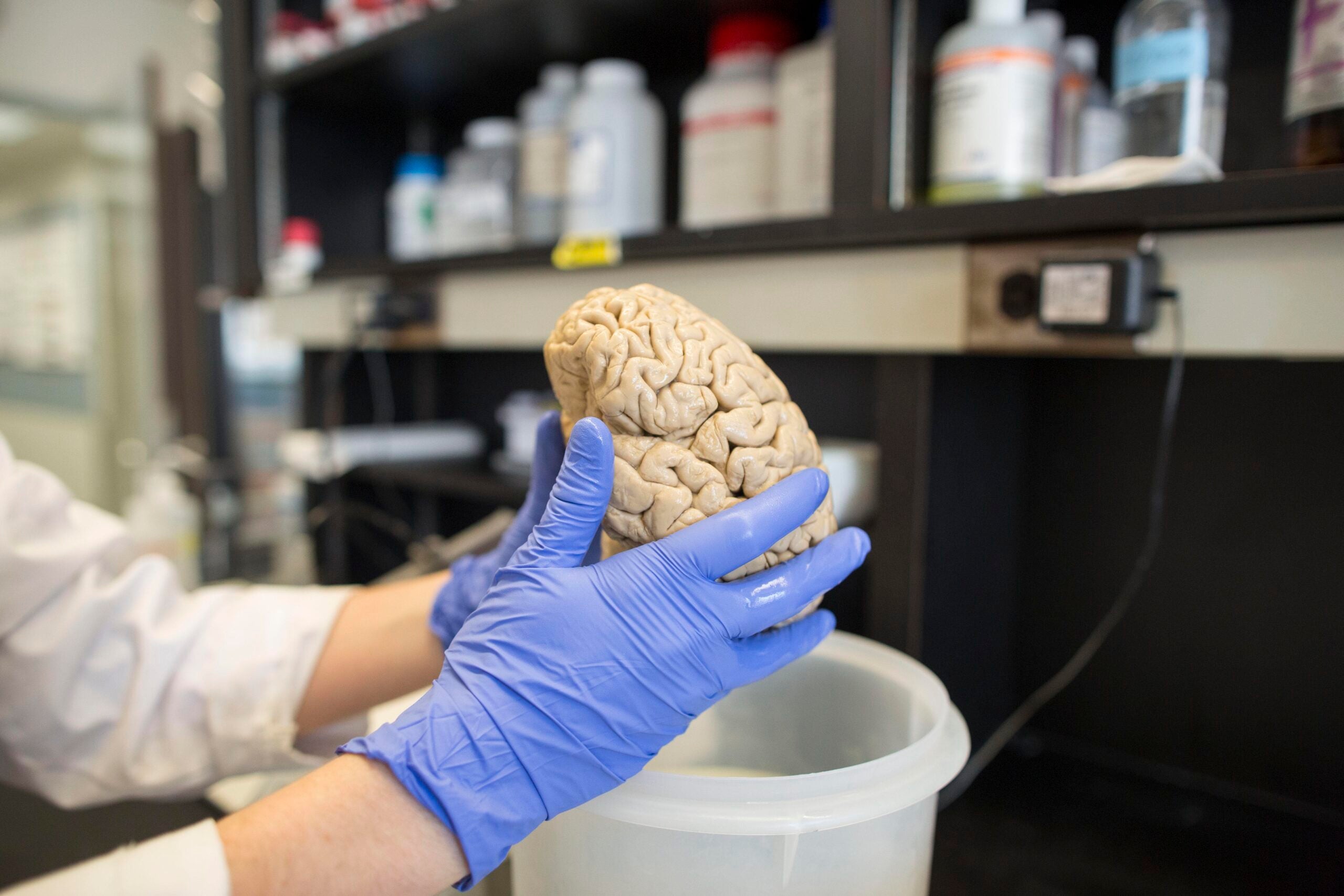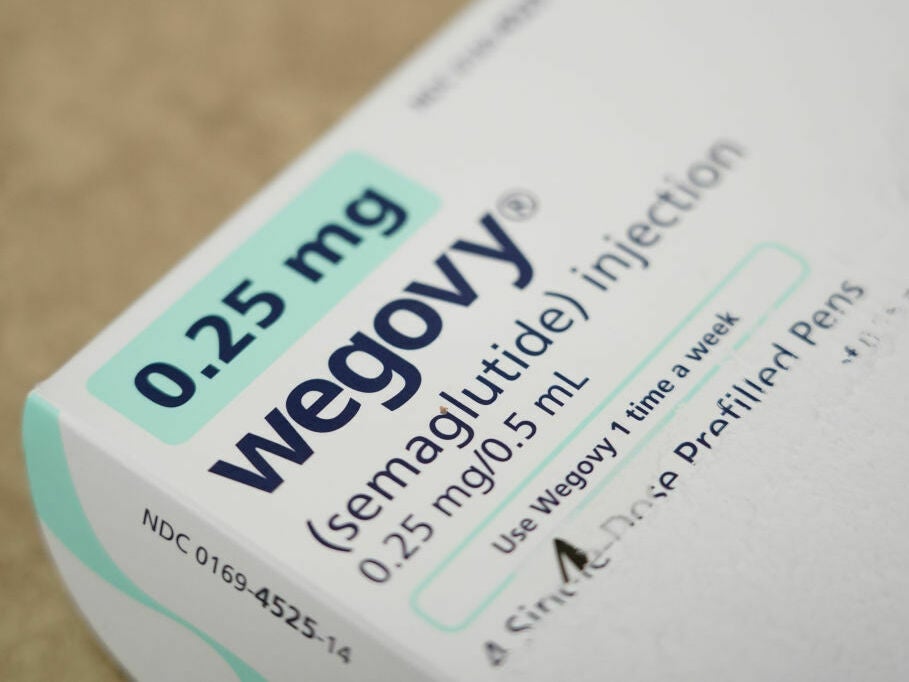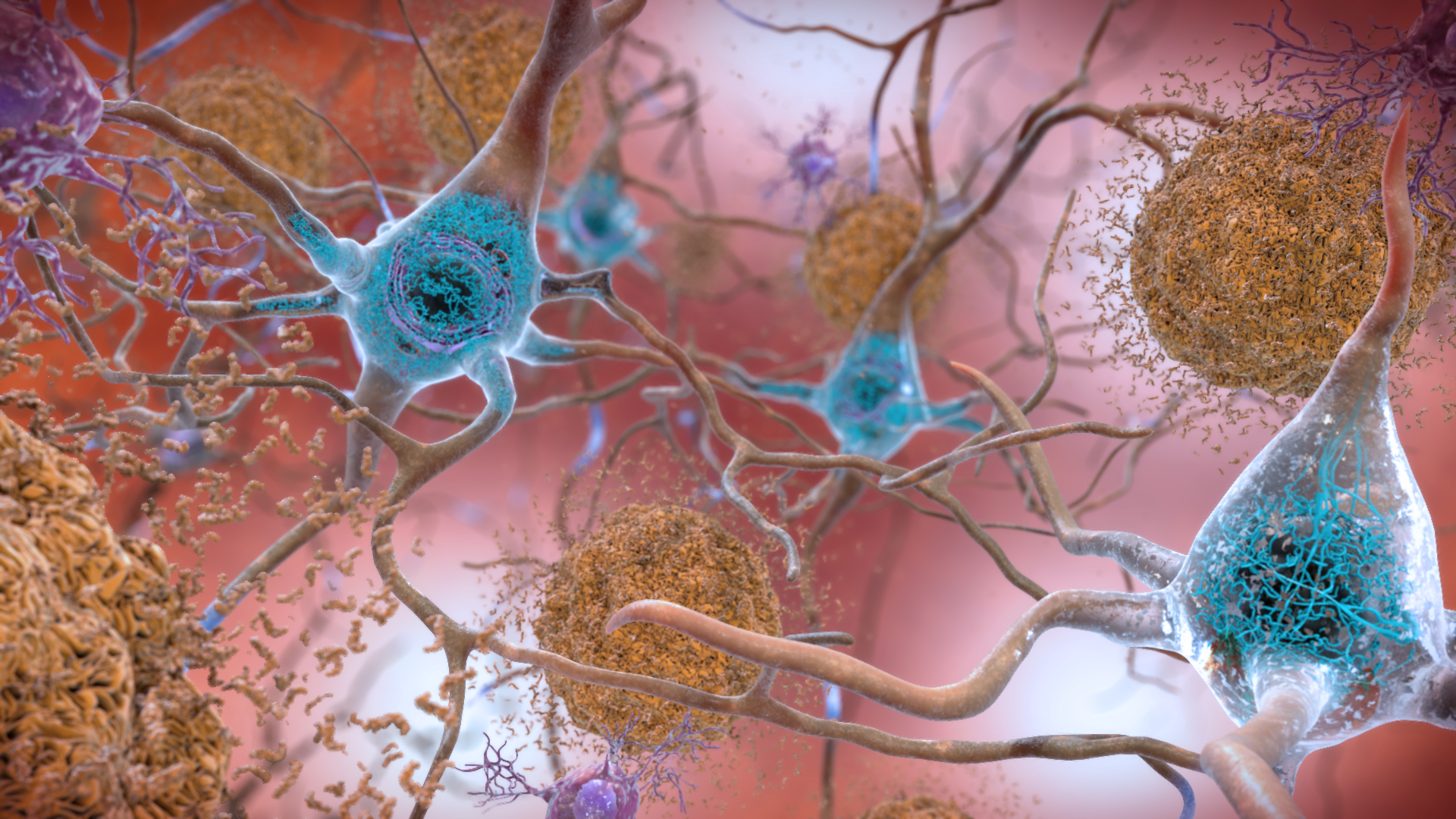I love writing about dementia. Don’t get me wrong, I hate dementia. My mom died from the disease — it was either Alzheimer’s or from strokes. She was a pack-a-day smoker.
When I reached the age at which she started showing signs of dementia, 62, I was scared. You would be, too, if it were in your family history. So any news that helps with brain health is something I gravitate toward.
An aside for a moment: In my office, I often see incredibly intelligent, productive people with great jobs — CEOs, industry leaders — who wonder why they aren’t as sharp as they should be. They worry about forgetting things, yet they function at this super high level.
Stay informed on the latest news
Sign up for WPR’s email newsletter.
They think that “back in the day” their memory was spot-on 24/7. In fact, memory and function are not perfect, ever.
I remember when I was young, maybe about 15, and forgot something. My mom said I wasn’t concentrating and my mind was on something else. Actually, you can imagine what my mind was on at that age.
But if this same thing happens when you’re older, you blame your age. Be careful. Most of the time, age is not the issue. You just forgot, plain and simple.
Now, on to the good news study. Good heart health at age 50 means better brain health when you’re older.
The study comes from the massive Whitehall study in which researchers started following British men and women beginning at age 50 and looking at the data 25 years later. The theory is that dementia just might be a problem that starts two decades before we see the symptoms. And if we step in early enough, we might eliminate it.
We know that for heart disease and stroke, treating it before it becomes symptomatic has improved our lifespan and given many of us a life that’s full of vim and vigor. So what did the researchers find out about dementia?
The numbers show it all. In 7,900 people — starting when they were 50 and looking at the impact of social, behavioral and biological factors — there were 350 cases of dementia. The average age of a diagnosis was 75. I’m 72, by the way, so 75 is just around the corner for me.
In the study, those who had a terrible cardiovascular risk score including untreated high blood pressure, bad diet, high cholesterol, obesity issues, etc., had nearly three times the risk of dementia than those with an optimal score.
MRI scans of those who lived healthily were better, with higher brain volume and more grey matter, than the scans of those who didn’t take care of themselves. This suggests that even small improvements in cardiovascular risk factors at age 50 may reduce dementia risk in old age, the researchers say.
The conclusions are simple, they add. “Our findings suggest that the Life’s Simple 7, which comprises the cardiovascular health score, at age 50 may shape the risk of dementia in a synergistic manner,” the researchers write. “Cardiovascular risk factors are modifiable, making them strategically important prevention targets.”
The bottom line is clear, they note: “This study supports the idea that improving cardiovascular health as early as age 50 promotes cognitive health.”
So here we are searching, searching, searching for a drug to improve our brains. Tons of money is spent on supplements for brain health — it’s a multibillion-dollar snake-oil industry trying to sell you the easy way out when the answer to dementia is right under your nose.
The Life’s Simple 7 referenced by the researchers is from the American Heart Association and involves just a few common-sense basics: Control your blood pressure, cholesterol and blood sugar, get active, eat better, lose weight and stop smoking.
The AHA has a neat website where you can evaluate your risk and learn how to make lifestyle changes if needed.
My spin: Don’t wait, take action now. You want being in good shape at age 50 to turn into being in good shape at age 80. The answer isn’t in a pill — it’s in your health habits. Action. Action. Action. Stay well.
Wisconsin Public Radio, © Copyright 2024, Board of Regents of the University of Wisconsin System and Wisconsin Educational Communications Board.





